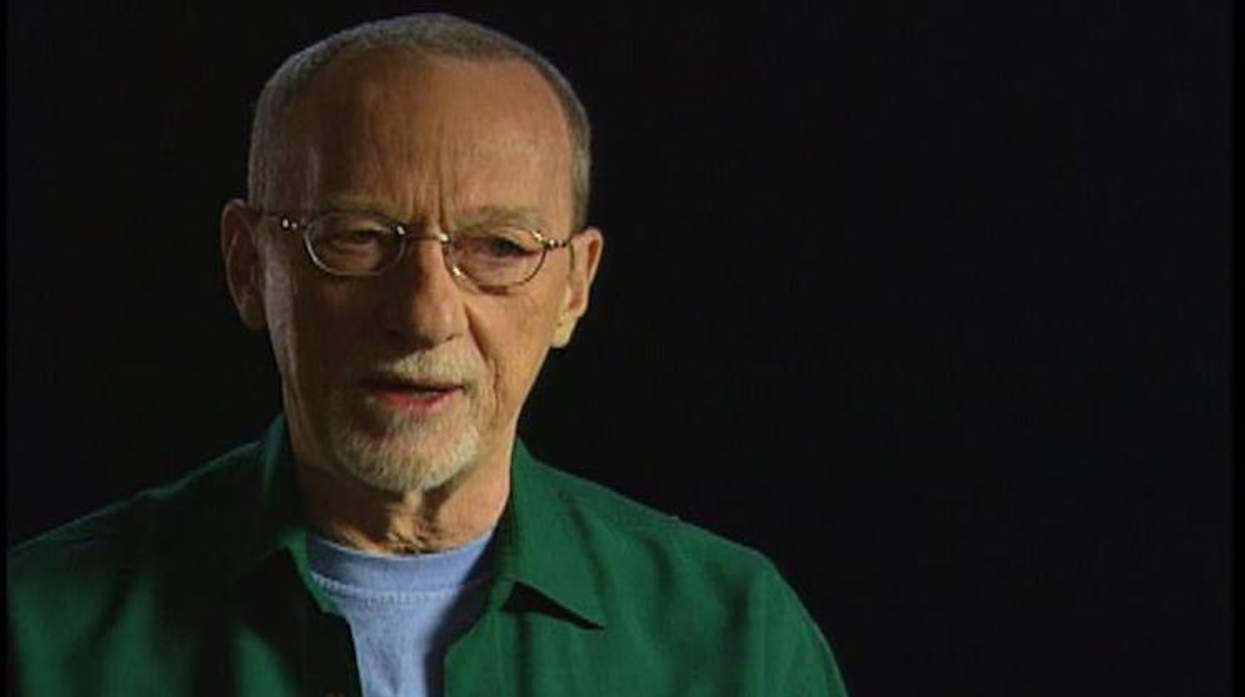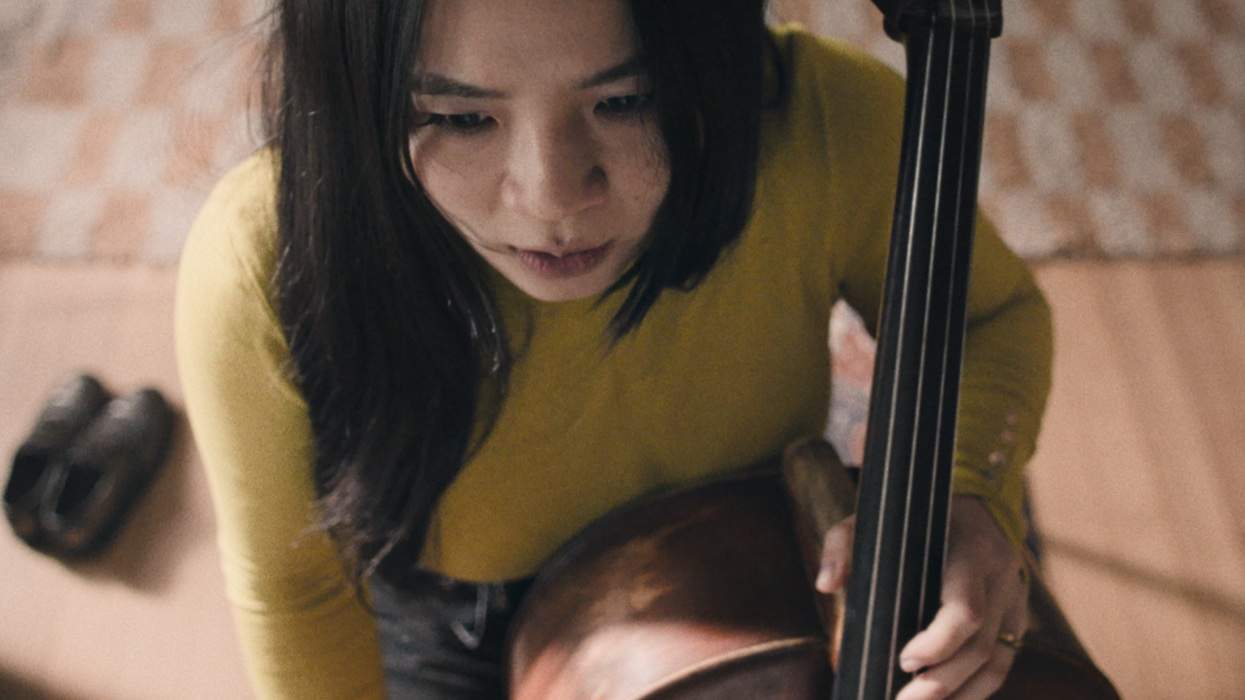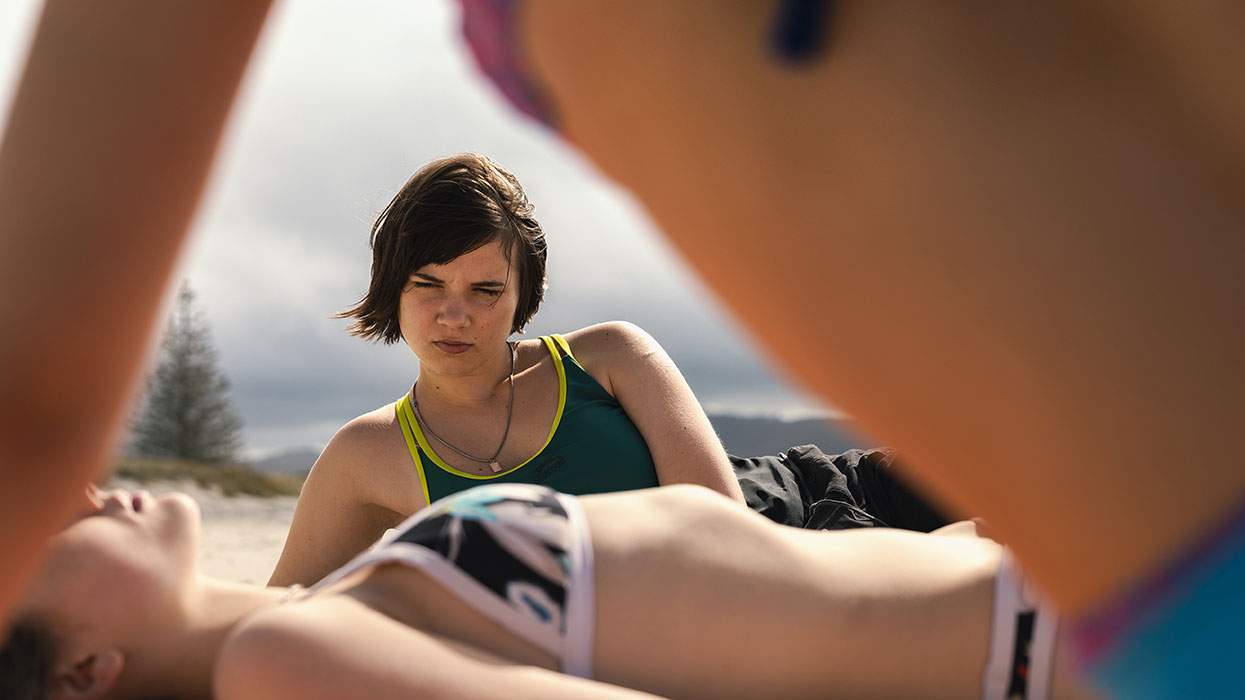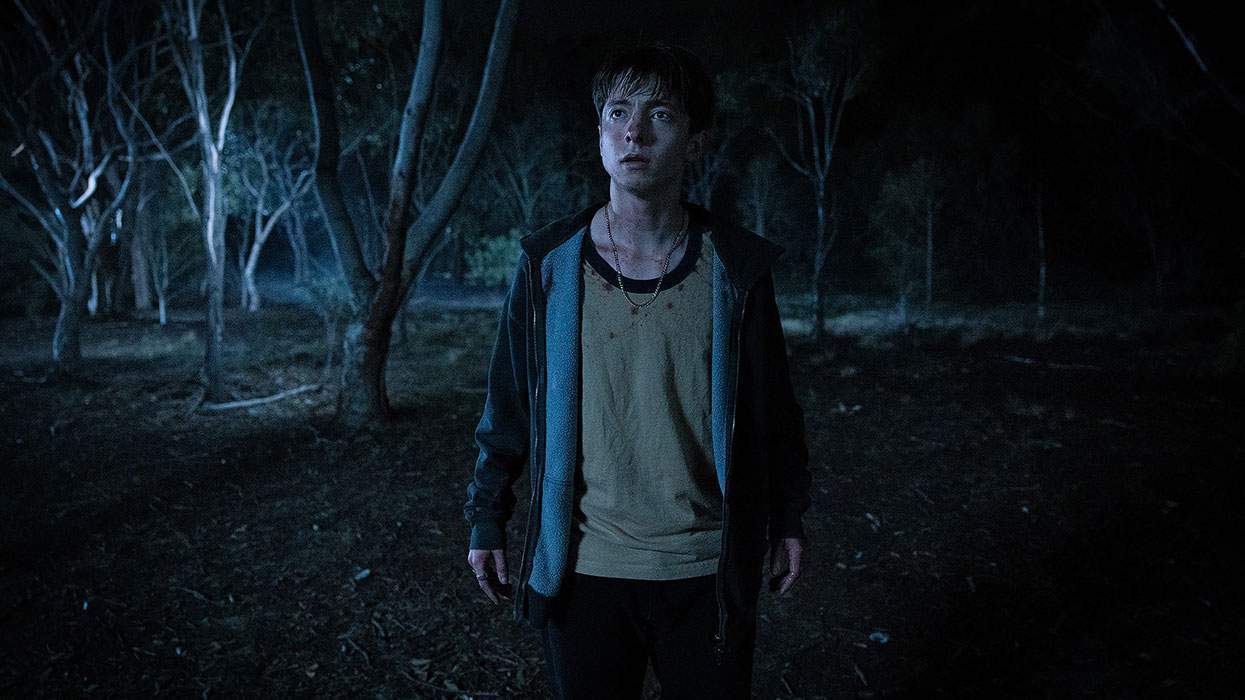Wakefield Poole, the director whose work revolutionized gay erotic films, has died at age 85.
Poole died October 27, but his death was not reported widely until The New York Times published an obituary Saturday.
Poole, originally a dancer, made Boys in the Sand, an idyllic portrait of sex between men, after being disgusted by the gay porn films that were on the market. He recalled seeing a film called Highway Hustler at a theater in New York City in the early 1970s. "He thought that the movie was sleazy, that its sex scenes were unnecessarily degrading," the Times reports. "He started laughing out loud, and one of his companions fell asleep. ... What he had witnessed onscreen that night didn't resemble the sexual liberation he was experiencing as a proud gay man in New York."
So he decided to make his own film, shooting with a 16-millimeter camera in the Fire Island Pines, following star Casey Donovan through a variety of sexual encounters. "The sex it portrayed between Adonic men frolicking in the Pines came across to viewers as blissful and guilt-free," the Times notes. It attracted gay and straight audiences alike, including celebrities such as Halston, Rudolf Nureyev, and Liza Minnelli. Its title was a riff on Mart Crowley's groundbreaking gay play and film The Boys in the Band.
"I wanted a film that gay people could look at and say, 'I don't mind being gay -- it's beautiful to see those people do what they're doing,'" Poole once said. He also had his real name on the film as its director, something he said helped many people to come out.
Poole had previously danced with Ballets Russes de Monte Carlo in New York and helped choreograph Broadway shows while making experimental films. After the success of Boys in the Sand, he made more gay porn films and had some other hits, but he was disappointed by the poor audience reception of Wakefield Poole's Bible!, described by the Times as "a creatively ambitious soft-porn movie that reimagined tales from the Old Testament." His cocaine addiction, which he eventually overcame, and the AIDS crisis affected his film career as well.
"The reason I stopped making films was the AIDS situation," he once said. "I lost my fan base to AIDS. I saw them all die. It's a miracle I'm not dead. Cocaine saved my life. I did so much coke, I couldn't have sex."
He went on to a new career; after training at the French Culinary Institute, he worked in food service for Calvin Klein. When he was in his 60s, he retired to Jacksonville, Fla., where he had spent part of his youth. He died in a Jacksonville nursing home.
He told his life story in the memoir Dirty Poole, published in 2000, and he was the subject of the 2016 documentary I Always Said Yes: The Many Lives of Wakefield Poole, directed by Jim Tushinski. He earned the respect of gay historians, and Boys in the Sand was recognized as groundbreaking.
In 2010, there was a special screening of Boys in the Sand in the Pines after a local film festival declined to show it. "What has happened here with the controversy is why I made this film," he said at the screening, according to the Times. "It's the ultimate of what I wanted this film to do, and that's to not only make controversy, but to overcome controversy."
"When I first came to Fire Island, I felt free for the first time in my life," he added. "I didn't feel like a minority and I wanted everybody to suddenly feel that. So I said, 'I can make a movie that no one will be ashamed to watch.'"















Charlie Kirk DID say stoning gay people was the 'perfect law' — and these other heinous quotes
These are some of his worst comments about LGBTQ+ people made by Charlie Kirk.